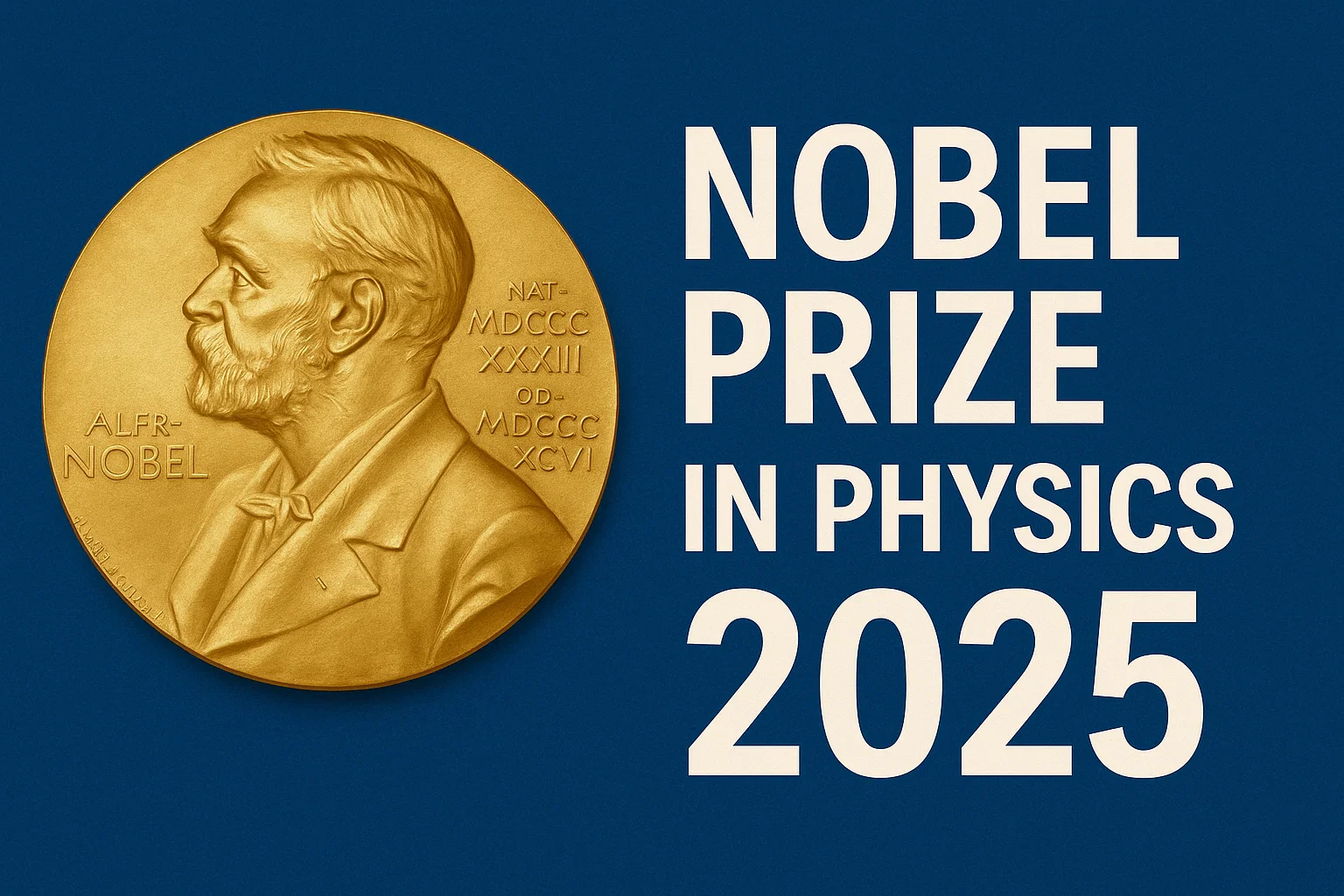Font size:
Print
Limited Court Power to Modify Arbitral Awards
SC Upholds Courts’ Power to Modify Arbitral Awards under Limited Circumstances
Context: In a significant ruling on arbitration law, the Supreme Court of India has held that courts can modify arbitral awards under limited and specific circumstances.
More on News
Arbitration is a formal method of dispute resolution where parties agree to submit their dispute to one or more impartial arbitrators, who render a binding decision known as an arbitral award. It is a consensual process, meaning both parties must agree to arbitrate-often through an arbitration clause in a contract or a separate agreement after a dispute arises. Arbitration in India is primarily governed by the Arbitration and Conciliation Act, 1996, which is modeled on the UNCITRAL Model Law and the UNCITRAL Conciliation Rules. This Act consolidated and replaced earlier laws to provide a comprehensive, modern framework for both domestic and international arbitration, as well as conciliation.
- The decision, delivered by a five-judge Constitution Bench, clarifies the scope of judicial intervention under Section 34 of the Arbitration and Conciliation Act, 1996.
- Chief Justice of India Sanjiv Khanna, writing for the 4:1 majority, ruled that while courts cannot conduct a full review or reassess the merits of an arbitral award, they can make specific modifications.
- These include the removal of invalid portions of the award, correction of typographical or clerical errors, computational mistakes, or adjustments in the interest rate awarded post-decision.
Scope of Court Intervention Under Section 34
- The judgment emphasised that the power granted to courts under Section 34 remains tightly confined.
- “The scope of judicial intervention under Section 34 is confined to the limited grounds expressly provided,” the bench stated. This includes setting aside awards that are:
- Against the public policy of India
- In conflict with fundamental policy or basic notions of morality and justice
- A result of fraud, corruption, or procedural unfairness
- However, the court affirmed that certain minimal modifications may be permitted to uphold justice without undermining the autonomy of the arbitral process.
Article 142 Powers and Cautionary Use
- Chief Justice Khanna also noted that the Supreme Court retains inherent powers under Article 142 of the Constitution to ensure “complete justice” in exceptional arbitration cases.
- Still, the use of such powers must align with the objectives of the Arbitration and Conciliation Act, 1996, and must not undermine the Act’s principles.
Dissenting View Opposes Modification Power
- Justice K. V. Viswanathan dissented from the majority view, arguing that Section 34 strictly provides for setting aside an arbitral award, not modifying it.
- He contended that courts do not have the statutory authority to alter awards unless explicitly provided by law.
Concerns Over International Arbitration Norms
- Legal experts opposing the court’s power to modify arbitral awards warned that such a precedent could lead to international enforcement issues.
- They argued that converting arbitral awards into court-decreed modifications could undermine India’s credibility under global arbitration frameworks like the New York Convention.
- “A court decree cannot substitute an arbitral award, especially when the award is examined under the limited jurisdiction of Section 34,” critics noted.


